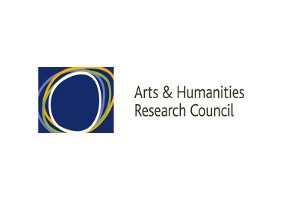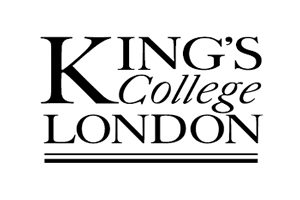Sarah Robinson Scott
(b. Sept. 21, 1720, Hutton Magna, County Durham, England – d. Nov. 3, 1795, Catton, Norfolk )
Gender: F
Sarah Robinson (1721-1795) spent her early years at her father’s property of West Layton Hall in north Yorkshire, with extensive visits to the Cambridge home of her maternal grandmother, who had married the scholar Dr Conyers Middleton. In 1736 the family moved to the estate of Mount Morris at Monks Horton in Kent which her mother had inherited from her brother, Morris Drake Morris.
In April 1741 Sarah suffered an attack of smallpox which damaged her looks and was considered to have ruined her chances of making a good marriage. After her mother’s death in 1746 her father moved to London and she seems to have been effectively homeless: she spent periods of time with her sister Elizabeth, who had married Edward Montagu in 1742, and also with her cousin Lydia Botham and her friend Caroline Scott Best. In December 1747 she met Lady Barbara Montagu and they became close friends, combining their limited incomes in order to live together in Bath.
She accepted an offer of marriage from George Lewis Scott (1708-1780), brother of her friend Caroline, who was twelve years her senior. In 1750 he was named sub-preceptor to the Prince of Wales, and they married on 15th June 1751 and set up house in London. The marriage lasted only nine months, being brought to an end when her father and brothers forcibly removed her from her husband’s house and negotiated a settlement whereby George Scott repaid half her dowry and granted Sarah an annuity of £100 per year. The reason for this dramatic separation has never been definitively explained.
Scott returned with Lady Barbara to Bath, where they created a circle of close female friends, including the novelist Sarah Fielding, Elizabeth Cutts, and Mary Arnold, natural daughter of her brother Morris Robinson. They later moved to the village of Batheaston to be closer to her friends Margaret Mary Ravaud and Margaret Riggs.
In 1750, Scott published her first work, The History of Cornelia (London: Andrew Millar), a sentimental novel. In 1754, she published Agreeable Ugliness, a translation of a French novel by Pierre de la Place. This was followed in the same year by an original novel: A Journey Through Every Stage of Life, which adopted a similarly high moral tone. In 1760 and 1761 respectively she published The History of Gustavus Ericson, King of Sweden and The History of Mecklenburg, from the First Settlement of the Vandals in that Country to the Present Time. In 1762 she published her most successful work, A Description of Millenium Hall (London: Newbery), which described a female community that succeeded perfectly well without men, and in April 1766 brought out The History of Sir George Ellison (London: Millar), a novel with a high-minded Christian hero. Her final novel was A Test of Filial Duty (London, Carnan, 1772), and she also published a history, The Life of Theodore Agrippa d’Aubigné (London: E&C Dilly, 1772).
Scott formed a plan to set up a community of women along the lines described in Millenium Hall, and in 1767 (following the deaths of Lady Barbara Montagu and Sarah Fielding) moved into Hitcham House in Buckinghamshire with Arnold, Cutts and her widowed cousin Grace Freind, whose son owned the property. Unfortunately the project lasted only a few months: Scott had to spend four months in Bath and London for her health, while Freind introduced to the community her daughter, who had run off with a fortune-hunter who kept pressing for money.
After the failure of this scheme, Scott was forced to live with a series of friends until the death of her father in 1778 secured her an income from his estates. She moved to Catton in Norfolk in May 1785 with Cutts and Arnold, and died there at the age of seventy-four. Her executor, Mary Arnold, followed her instruction to destroy most of the letters and papers in her possession.
Also known as:
- Sarah Scott (née Robinson)
Authorities
| Electronic Enlightenment DOI |
| Oxford DNB DOI |
| VIAF Authority File ID |
| Wikipedia |
Recipient of 801 letters
Showing transcribed and un-transcribed letters | show transcribed only
Please note that all dates and location information are provisional, initially taken from the library and archive catalogues. As our section editors continue to work through the material we will update our database and the changes will be reflected across the edition.
Browser support: The website works best using the Chrome, Edge, and Firefox browsers on the PC, and only Chrome and Firefox on the Mac.




